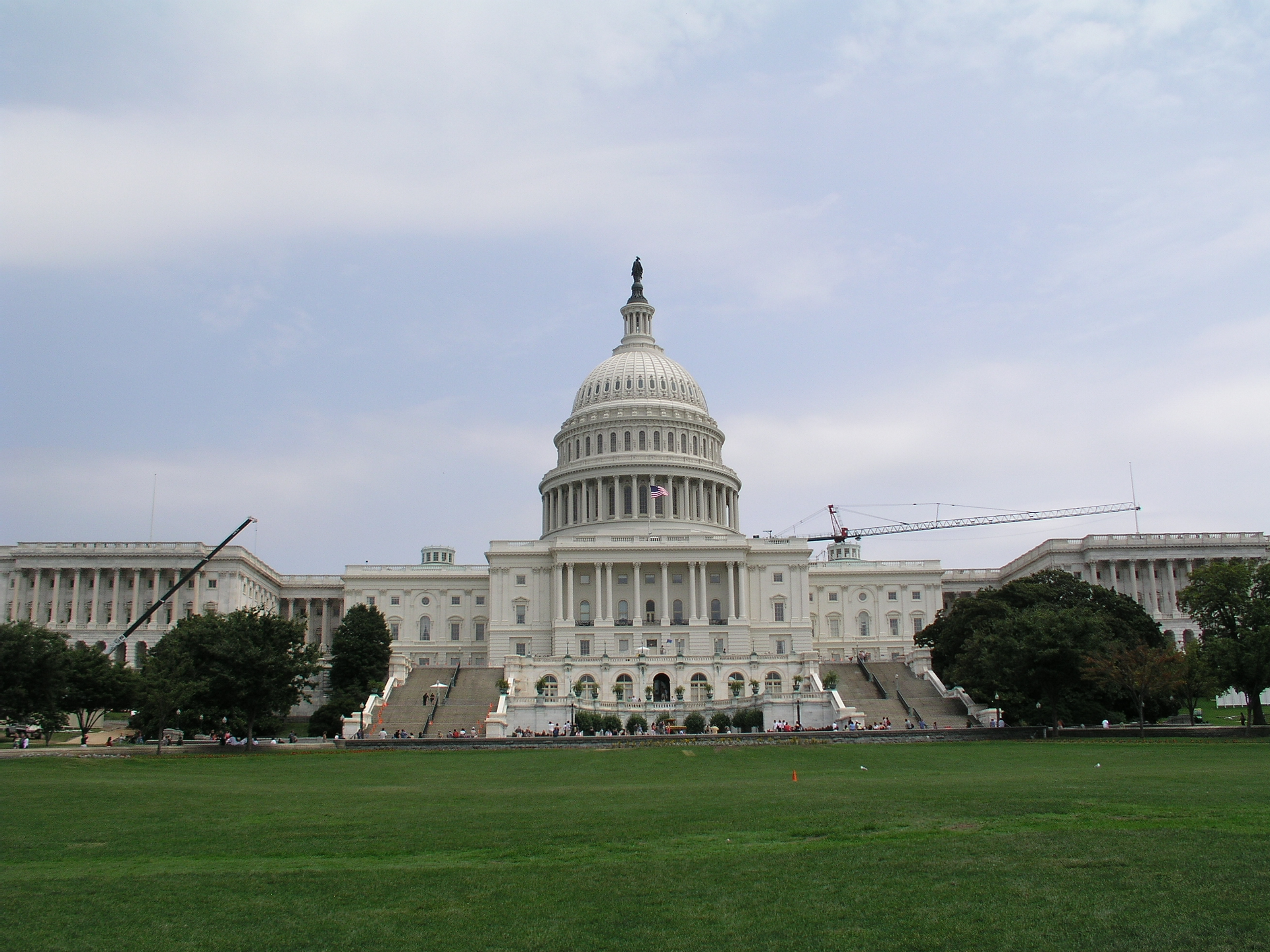Several real estate organizations, including the National Multifamily Housing Council (NMHC), have joined forces to urge Congress to fully fund the 2020 Census and the annual American Community Survey (ACS) in its 2016 budget, which lawmakers are currently debating.
Developers, builders, and contractors rely on these government data to gauge, among other things, changes in population demography and mobility, factors that play major roles in planning and construction plans.
Last year, the industry dodged a bullet when Congress failed to approve a measure that would have made participation in ACS voluntary. “This would have reduced the survey’s accuracy and made it more costly by requiring additional effort to ensure a representative sample,” NHMC states on its website. The Council notes, too, that the industry wants Congress to restore three-year data collection methods that got changed last year.
In its 2016 budget, the Obama Administration is requesting $1.5 billion for the Census Bureau in fiscal year 2016, including $663 million for the 2020 Census (a 91% increase over the previous Census budget) and $257 million (plus $15 million) for the ACS, according to the Census Project, a collaboration of state and local governments, advocacy and business groups, and research organizations interested in a fair and accurate census. Obama is asking Congress for an extra $1 billion for hiring and promotion for the decennial count, after plans to automate door-to-door interviewing in the 2010 Census failed to muster Congressional support.
Population data are of critical importance to municipalities, too. The Arizona Republic reported last month that the city of Chandler, Ariz., will pay the Census Bureau more than $4 million to conduct an updated population count for that metro later this year. Chandler is hoping that the new count will show how its population has increased significantly since the 2010 Census, which put Chandler’s population at 236,326 residents. (Arizona allocates state-shared revenue based on a city’s population.)
The Census Project notes that the Bureau is trying to save as much as $5 billion over the census lifecycle by investing early in research, testing, and development of new methods and technologies. For example, later this year the Bureau plans to hold focus groups with people who would be affected by a new classification being considered for Americans of Middle Eastern and North African descent. The 2013 ACS—with a sample size of 3 million addresses nationwide—estimated that there were about 1.5 million Arab Americans in the U.S. in 2006-10. If this test proves successful, the new classification could be included in the 2020 Census, according to the Associated Press.
Related Stories
Codes and Standards | Aug 11, 2020
Inefficient air conditioning is a key contributor to global warming
More efficient equipment and buildings could make a big difference.
Codes and Standards | Aug 10, 2020
Concrete Institute and Post-Tensioning Institutes expand partnership
Will collaborate on new structural post-tensioned concrete code requirements.
Codes and Standards | Aug 6, 2020
SpeedCore demonstrates excellent fire resistance without additional fire-protective coatings
New York City approves metal-concrete product for all five boroughs.
Codes and Standards | Aug 5, 2020
Designing, redeveloping communities for zero energy needed to address climate change
District heating and cooling systems boost efficiency.
Codes and Standards | Aug 4, 2020
Virginia is the first state to adopt COVID-19 worker safety rules
Include social distancing requirements, notifications when co-worker tests positive, timelines to return to work after recovery.
Codes and Standards | Aug 3, 2020
Report aids local governments on policy options, pathways to electrify new buildings
Document focuses on switching appliances and equipment away from natural gas, propane.
Codes and Standards | Jul 30, 2020
Institute for Market Transformation acquires Energy-Efficient Codes Coalition
Goal is to achieve net-zero construction by 2050.
Codes and Standards | Jul 29, 2020
Crackdowns grow on construction firms that fail to follow COVID-19 guidelines
States, cities, and OSHA enforce social distancing, hand-washing regulations.
Codes and Standards | Jul 28, 2020
California utility adopts climate emergency declaration
Sacramento-region company commits to working towards carbon neutrality by 2030.
Codes and Standards | Jul 27, 2020
Updated Energy Plus and OpenStudio building energy modeling tools released
Software offers performance enhancements.

















